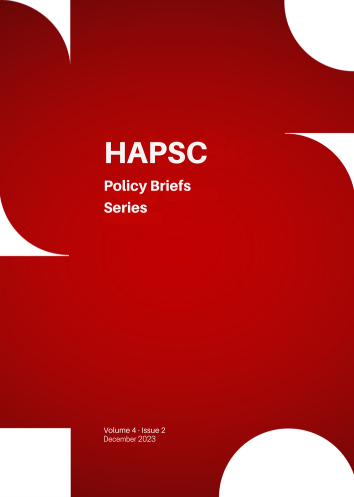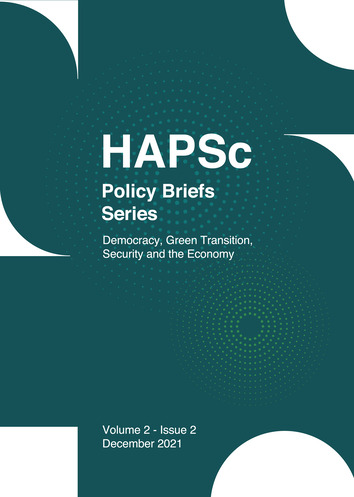Financial Expenditure for the Public Higher Education in Greece and Cyprus during 2015-2019

Abstract
The economic crisis that affected Greece and Cyprus is a period that deserves to be studied and analyzed in various areas of governance. An important period of time namely from the year 2015 to 2019 where the most important events took place. These events affected public higher education in both countries. The purpose of this particular study is to document and compare central bank spending, for both countries, and draw conclusions. The study presents original findings because if we look at earlier researches there are no reports on this specific topic. It helps us get a picture of the whole situation in public higher education. Thus, researchers who study elements of this can enrich their knowledge and future research
Article Details
- How to Cite
-
Maris, G., & Maloina, S. (2023). Financial Expenditure for the Public Higher Education in Greece and Cyprus during 2015-2019. HAPSc Policy Briefs Series, 4(2), 154–162. https://doi.org/10.12681/hapscpbs.36694
- Section
- Articles

This work is licensed under a Creative Commons Attribution 4.0 International License.
Authors retain copyright and grant the journal right of first publication with the work simultaneously licensed under a Creative Commons Attribution License that allows others to share the work with an acknowledgement of the work's authorship and initial publication in this journal.


